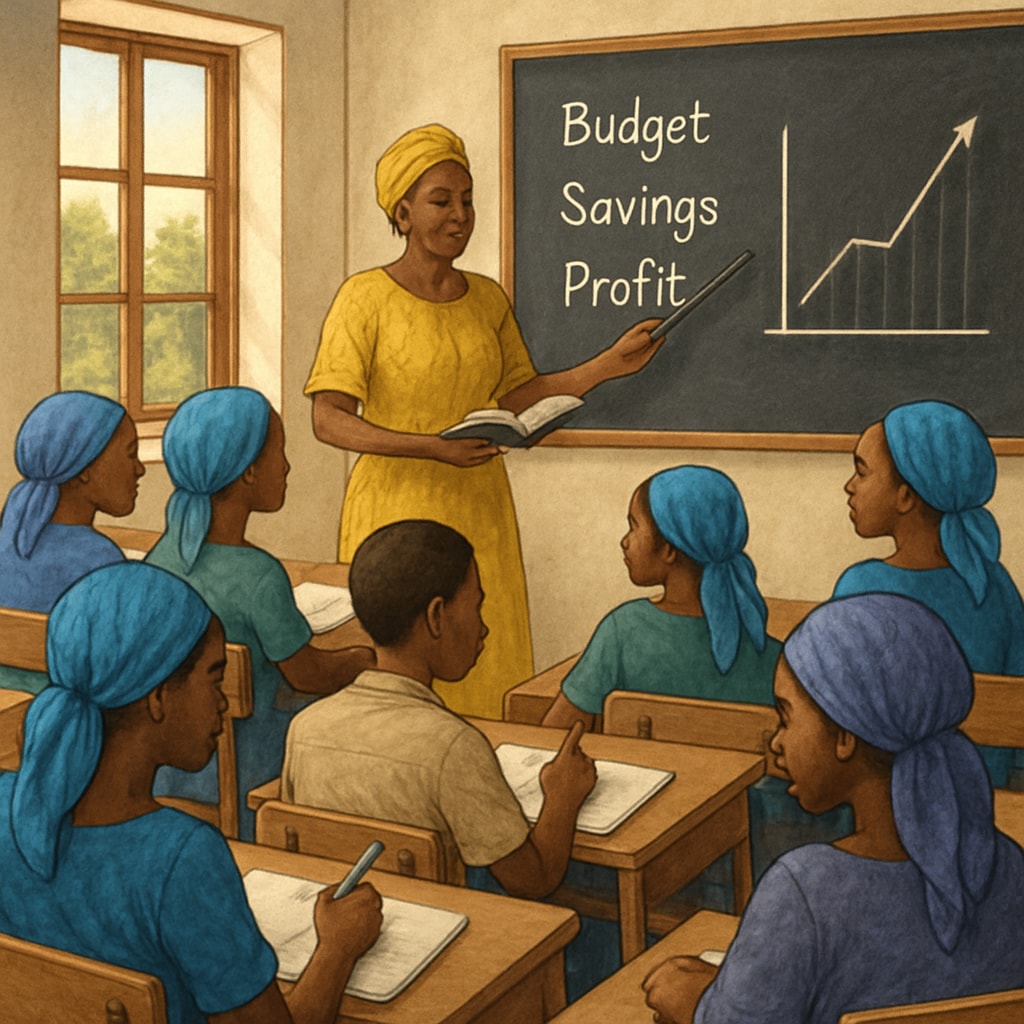For finance students in Mali and other developing countries, navigating the path to a successful career can feel like traversing an arid desert. The local job market is often limited, financial education systems may lack depth, and global opportunities can seem out of reach. This article examines the challenges of pursuing a finance career in Mali, explores gaps in education and employment opportunities, and provides actionable solutions such as self-learning, studying abroad, and embracing innovative career strategies.
Challenges in Financial Education and Employment in Mali
Malian finance students face several barriers that hinder their career growth. Firstly, the financial education system in Mali often falls short of equipping students with the practical skills and global knowledge needed to compete in international markets. According to information on Mali, higher education institutions frequently struggle with limited resources, outdated curricula, and a lack of access to cutting-edge tools and technologies.
In addition, the local job market provides few opportunities for finance graduates. Many Malian firms operate in informal sectors with minimal demand for specialized financial expertise. As a result, students often find themselves either overqualified for available roles or underprepared for the competitive global job market.

Expanding Horizons: Self-Learning and Skill Development
One solution to these challenges is self-learning. With the rise of online educational platforms, students in Mali can access high-quality finance courses from global institutions. Websites such as Coursera and edX offer certifications in financial analysis, investment management, and data-driven decision-making. Additionally, platforms like Khan Academy provide free resources tailored to beginners and advanced learners alike.
Self-learning allows students to bridge the knowledge gap and stay updated on international financial trends. By mastering tools such as Microsoft Excel, Python for finance, and Bloomberg terminals, they can gain practical skills that are highly valued in global markets.
Studying Abroad: A Gateway to Global Opportunities
For those with the means and determination, studying abroad can be a transformative experience. Scholarships and exchange programs are available for Malian students seeking to pursue finance degrees in countries with advanced educational systems. For example, The Chevening Scholarship in the UK and Erasmus+ in Europe provide financial aid to students from developing countries.
Studying abroad not only broadens academic horizons but also connects students with global professional networks. These connections can open doors to internships, mentorships, and job opportunities that are inaccessible in their home country.

Innovative Career Paths in a Globalized World
Another option for Malian finance students is to explore innovative career paths that leverage globalization and technology. Remote work, for instance, allows professionals to collaborate with companies from around the world without leaving their home country. Platforms like Upwork and Toptal enable skilled finance professionals to find freelance opportunities in areas such as financial consulting, bookkeeping, and investment analysis.
In addition, entrepreneurship offers an avenue to create financial solutions tailored to the needs of Mali’s local economy. By developing fintech (financial technology) applications or microfinance initiatives, graduates can contribute to economic development while building sustainable careers.
Key Takeaways:
- Malian finance students face challenges due to limited educational resources and local job market constraints.
- Self-learning through online platforms can enhance skills and increase competitiveness in global markets.
- Studying abroad provides access to superior education, professional networks, and international career opportunities.
- Remote work and entrepreneurship represent innovative alternatives for overcoming local job market limitations.
In conclusion, while pursuing a finance career in Mali may seem daunting, it is far from impossible. By embracing self-learning, studying abroad, and exploring innovative career paths, Malian students can overcome these challenges and thrive in a globalized world.


